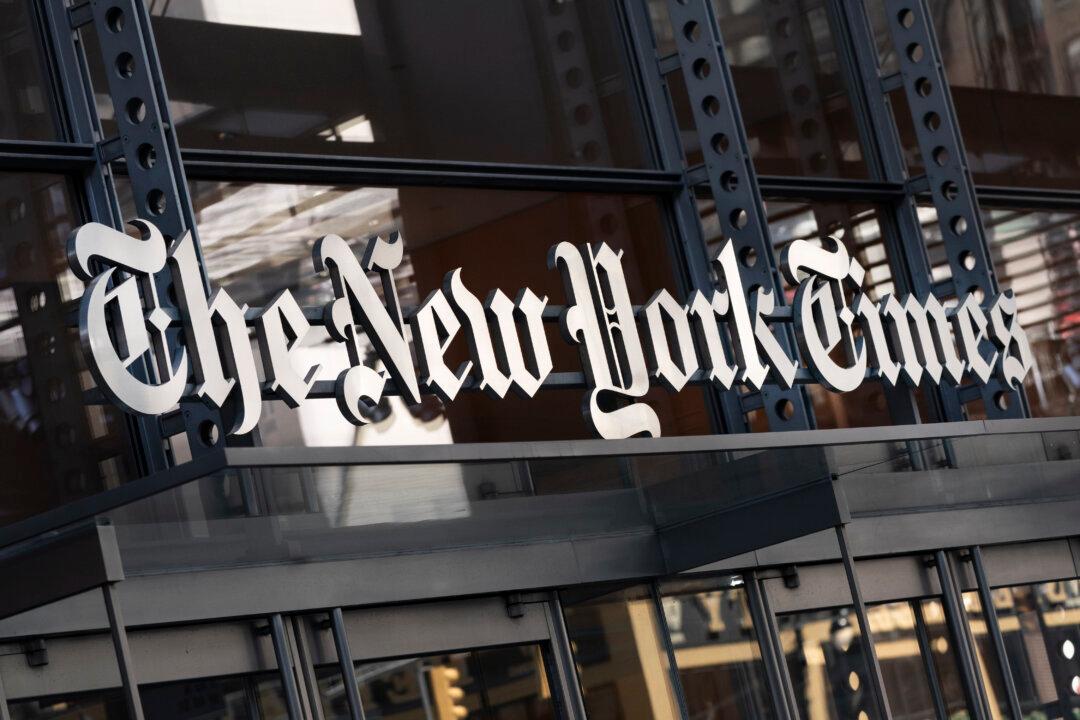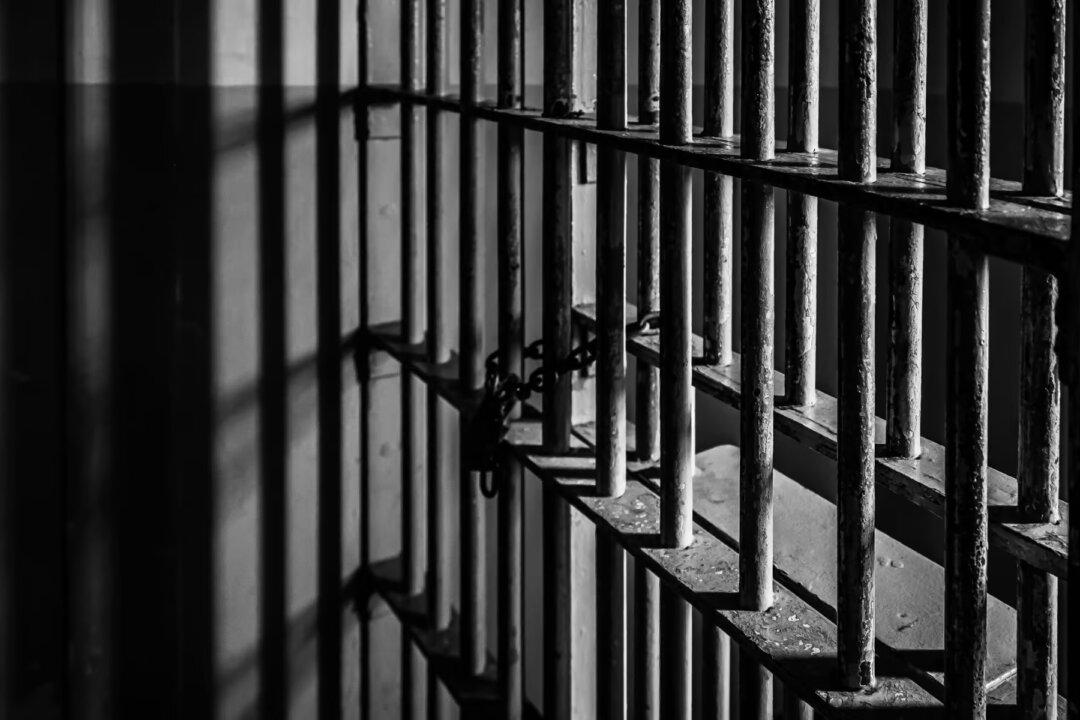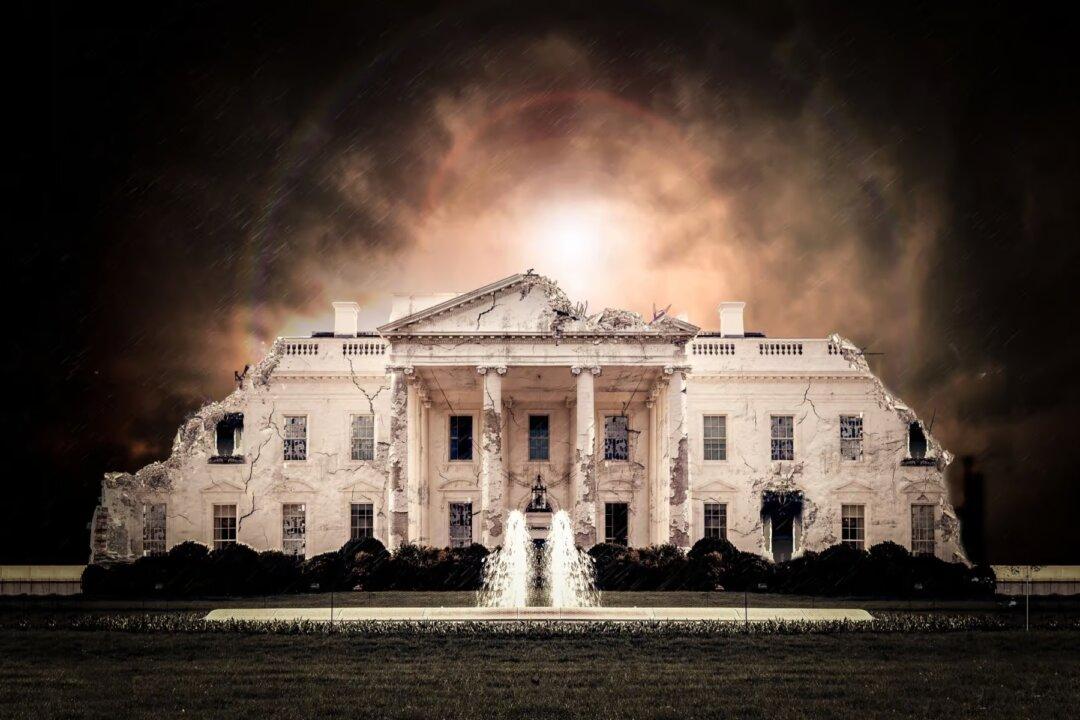Commentary
Ostensibly, the Fifth Circuit Court of Appeals ruling in Missouri v. Biden was cause for celebration in the battle against censorship. Further analysis, however, suggests that the judges may have greenlit the most insidious aspects of the censorship apparatus. This may be reversed at trial; if not, it will enable the U.S. intelligence community to hijack the First Amendment.





